For many gamers, going professional and entering the eSports scene is the pinnacle of online gaming, and for good reason. Professional gamers get paid to play their favorite game, while having thousands of adoring fans cheer them on in tournaments. They also get to travel around the world to attend events and meet with developers.
Sounds pretty good right? Well, it’s not easy. Breaking into the eSports scene can be incredibly difficult because of intense competition among gamers. It takes serious commitment to play competitively, but it can be done. This article will go over tips to turn your passion for gaming into a profession.
Before getting into eSports, it is important to decide what kind of games you want to compete in.
Start off by picking a game that you enjoy playing, and that you perform well in. Also do research to see how large the competitive community is. Games with a big following will have more tournaments with greater payouts. RTS, FPS, and MOBA seem to be the most competitive genres at the moment, and are well-funded.
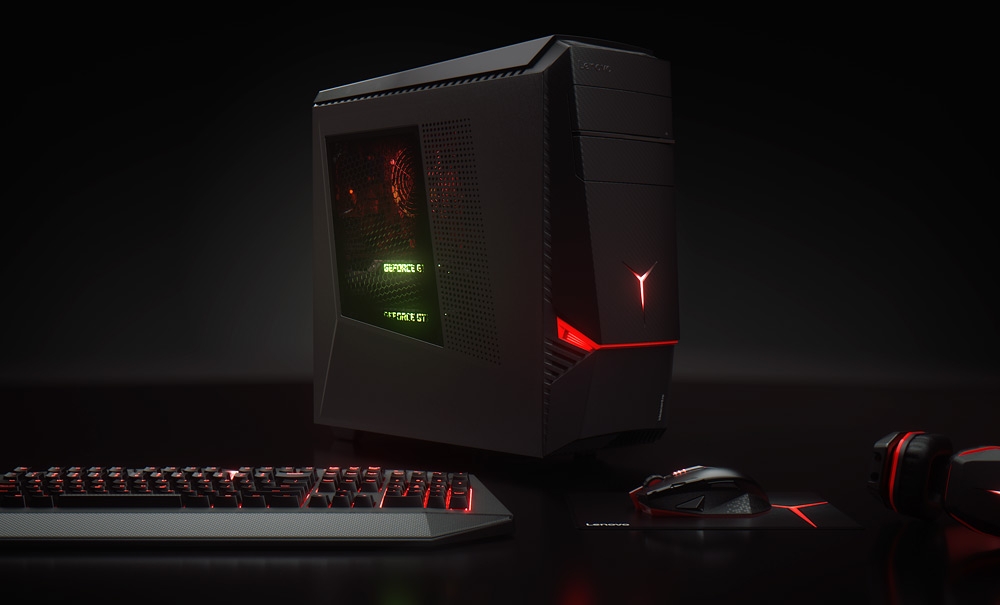
The next step is building a powerful PC.
The king of eSports has always been PC gaming, so you will need a rig that can handle games at max settings with smooth frame rates. Purchase a high-end graphics cards, power supply, and cooling system to ensure optimal performance, even during long training sessions. Pick up a fast gaming mouse too, especially if you plan on entering FPS tournaments. The extra sensitivity makes all the difference. The last thing any gamer wants is to have their skill limited by slow equipment.
It is worth noting, though, that there are a select few games you can play competitively on console. Call of Duty and SMITE, for example, both have very healthy eSports circuits on Xbox.
Once you have your equipment ready, focus on finding tournaments and gaining exposure.
eSports websites such as MLG and ESL host tournaments frequently. Some tournaments even limit the competition by only allowing amateurs to sign up. Registering in amateur tournaments is a good starting place for players looking to get experience. The rewards are nice too. Some games, like SMITE, will have a Combine event at the beginning of their professional seasons where rookie players are scouted by pros.

However, if you plan on competing with a team, then you will need to get organized. One of best resources for this is GamerLaunch. GamerLaunch is a platform-hosting option that allows gamers to build a custom domain, recruit new members, manage teams, and stay connected. Their eSports functionality allows teams to organize and participate in scrims, as well. It is a great option for teams looking to take their management to the next level on a low budget. The default plan is free, but paid packages are available for additional content.
Besides registering for tournaments, get involved with your game’s community and start making connections.
Learn prominent players, get to know your competition, and start talking. Talking to other professional gamers is a great way to seek advice, or to keep up with news in the eSports world. It also allows teams to set up dates for training sessions. Take League of Legends, for example. Most of the professional LCS teams know each other and scrim on a regular basis. This allows them to better their own gameplay, while learning new strategies or playstyles.

However, all of this information is useless if you lack the skills.
In order to be successful in eSports, you have to be an exceptional gamer. It takes determination to practice every day and to constantly improve.
In an interview with professional Dawn of War 2 and World of Warcraft player, Caeltos, he had the following to say about self-improvement in eSports:
“A thing to keep in mind is to understand why you win, and why you lost. What your opponent did wrong, and all those variables. Start with the basics, and then eventually everything will come naturally, but you’ll have to start somewhere, rather than never try to review games. You could play a game for thousands of hours and learn nothing – but someone who has played the game half the time, has learned more then you – because he’s/she indulged themselves more into the game, and understands more of it. Be that mechanics, design and general subjects.”
Gamers looking to enter eSports need to be aware of what it takes to become a professional. If you attribute poor performance to luck, or try to blame teammates, then you will never improve as a player. Recognize your faults, take responsibility, and improve. That is the mindset of a professional gamer.

Breaking into the eSports scene is a daunting task. It takes time, dedication, and money to get started. But the possibility of making a living off gaming is enough to keep most gamers focused on their end goal. While the tips provided may not guarantee success, they are a good start for any gamer looking to enter the eSports world.

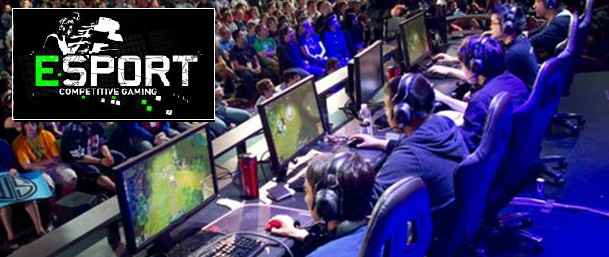
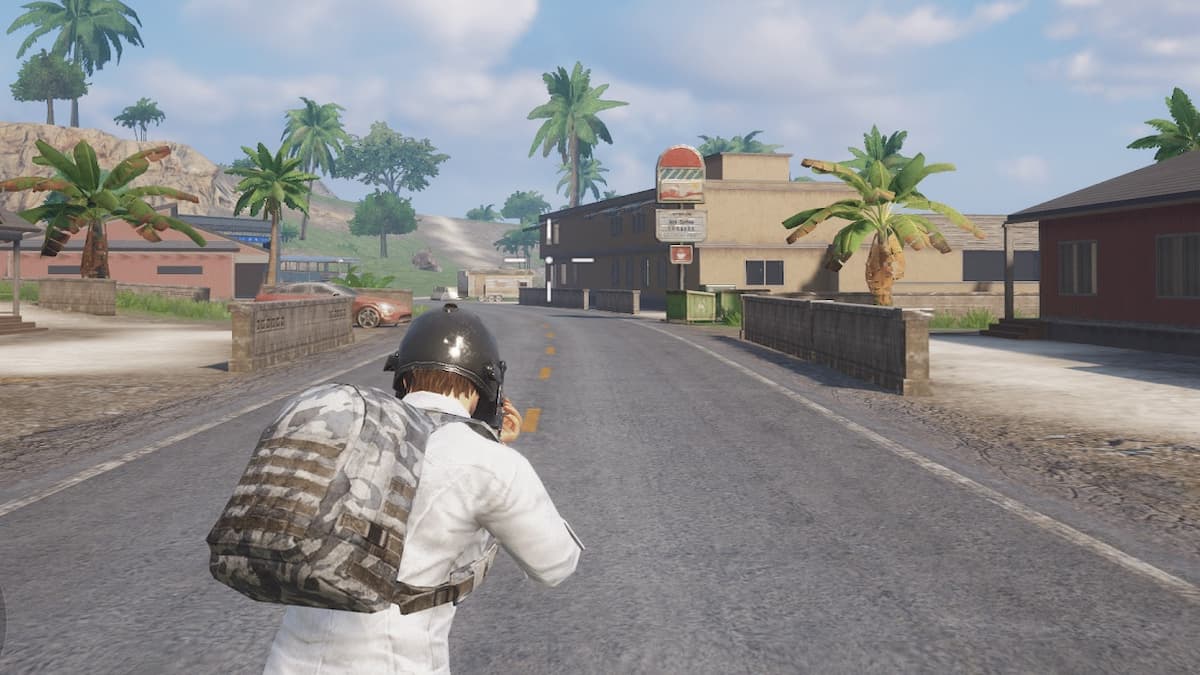
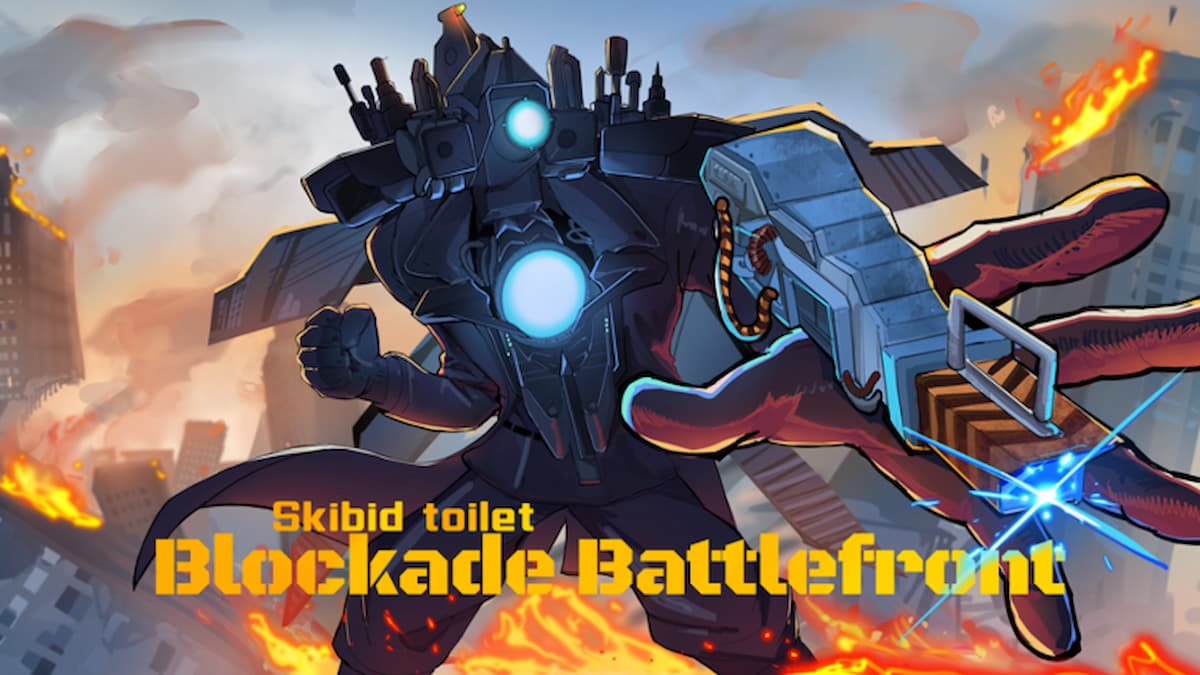
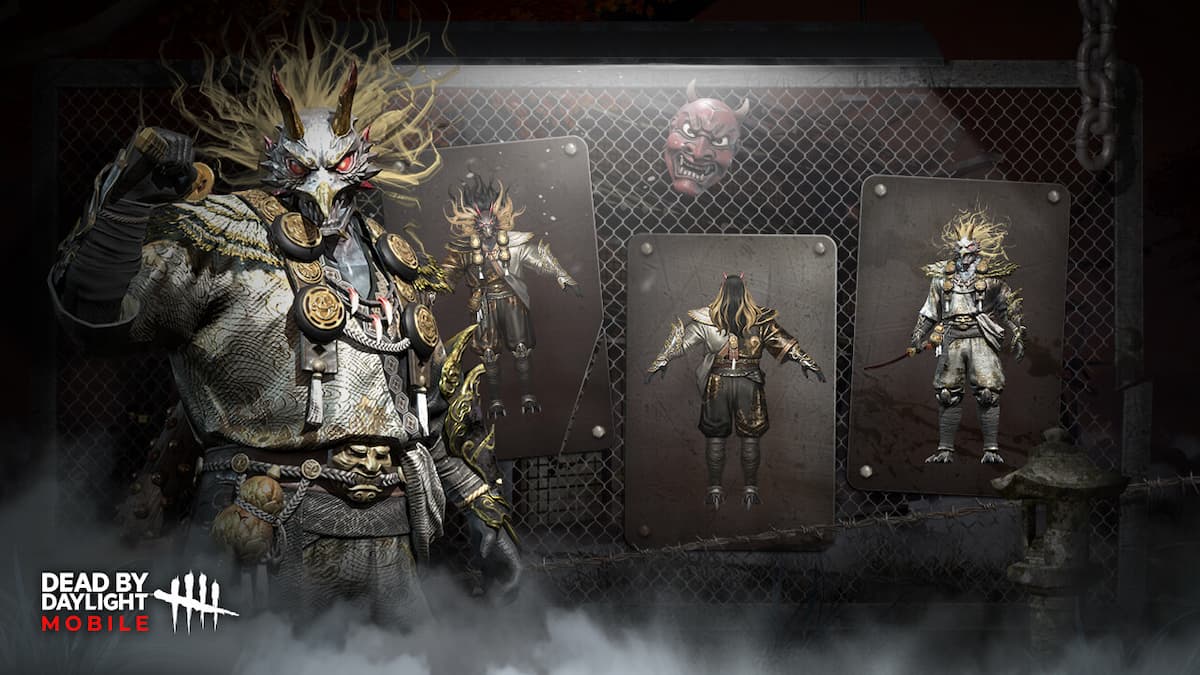
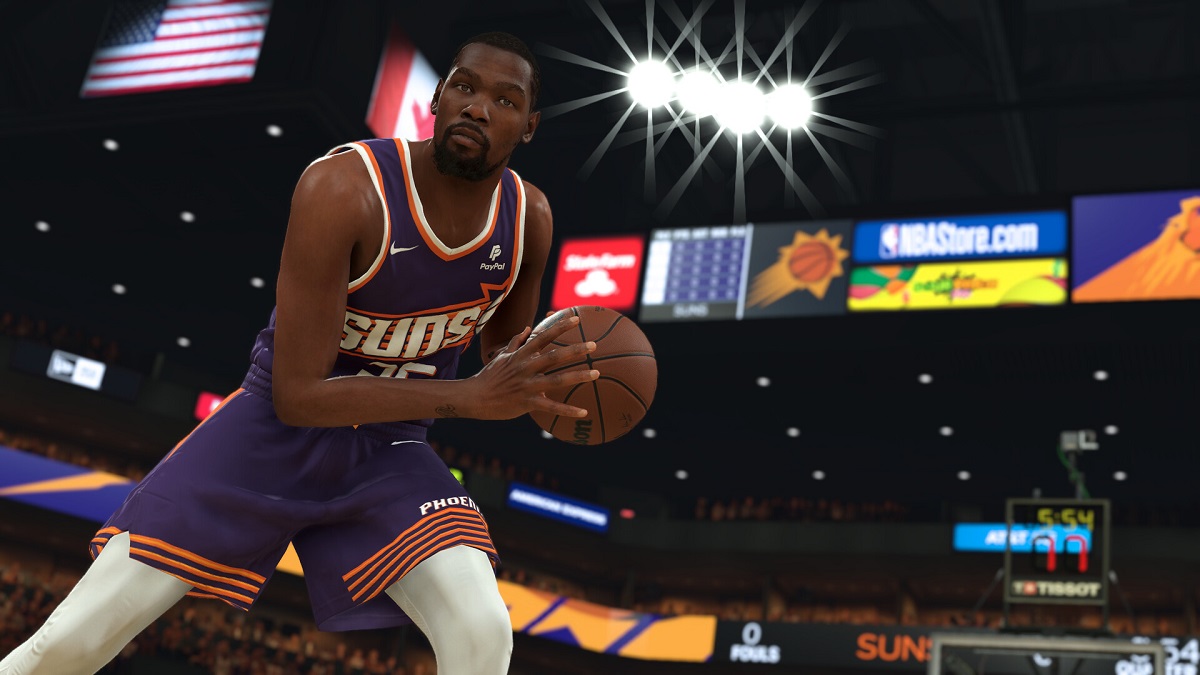

Published: Feb 15, 2016 11:53 am